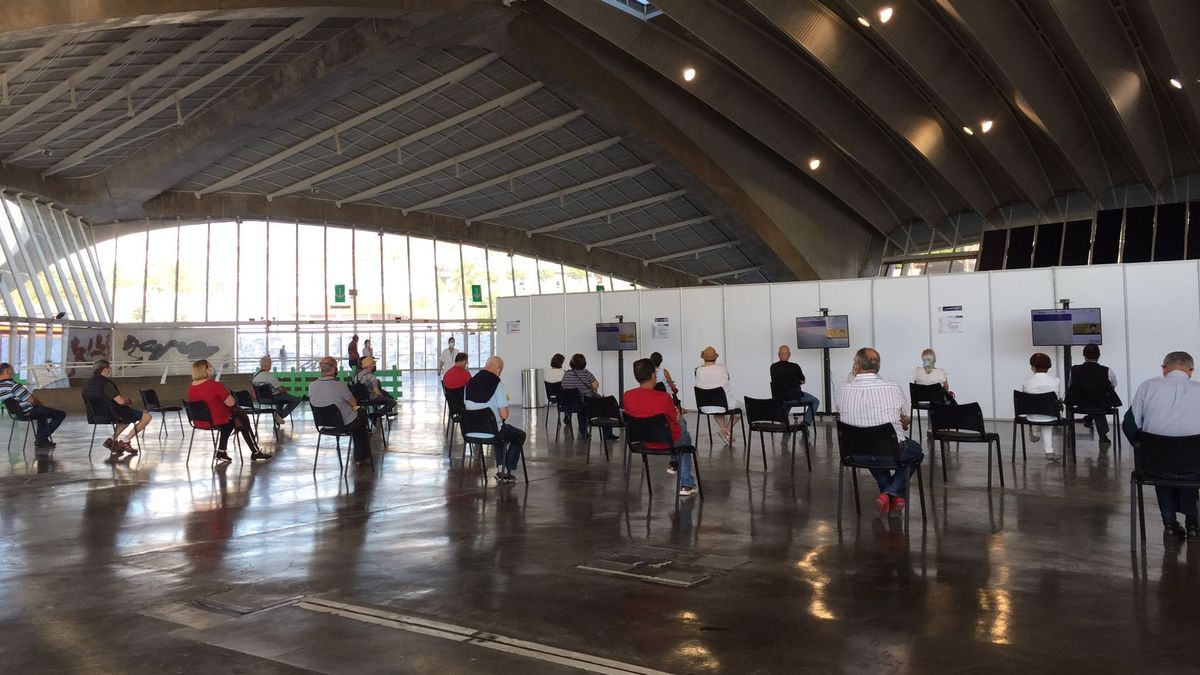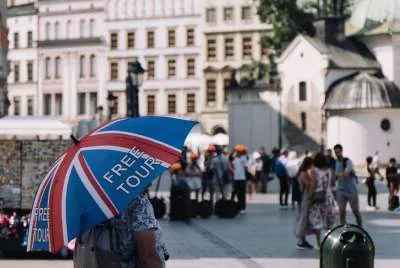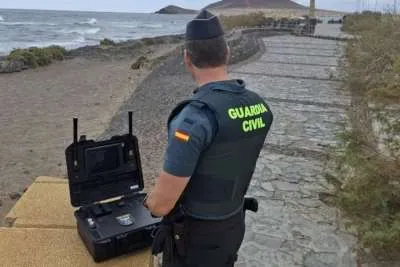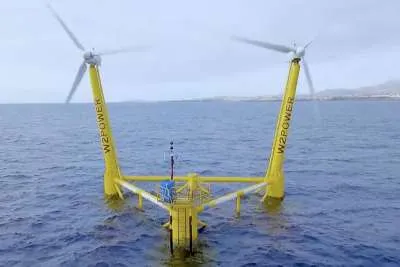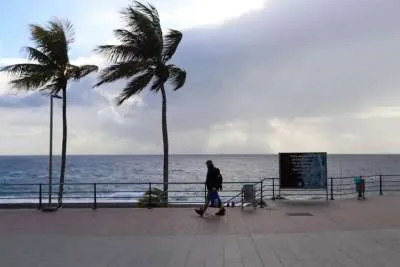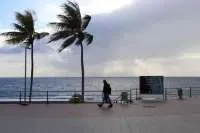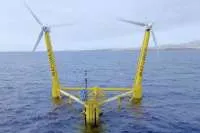The Canary Islands face key weeks in controlling the virus for December
- 22-11-2021
- Health
- Canarian Weekly
After 20 months of the pandemic, more than 100,000 people in the Canary Islands have been infected with Covid, 97,000 have recovered from the virus, and 1,031 people have lost their lives. The Health authorities are warning that we must not lower our guard before the arrival of tourists and the Christmas festivities, as cases, contagion rates, and incidence rates are all increasing at a rapid rate.
With vaccinations around 86% of the target population over 12 years old, and 87% with at least one dose, coverage in the age group between 20 and 39 years continues to be a concern, as only 74% of people in this age range have been vaccinated.
This is in contrast with the queues that have been seen this week at mass vaccination points such as the Recinto Ferial in Santa Cruz de Tenerife, where anyone of any age initially vaccinated with the Janssen single-dose waited to receive a booster vaccine, except for those over 70 who are already receiving a COVID booster dose and the flu jab.
The Canary Islands has added more than 200 cases for the last seven consecutive days, an increase that is also being observed at national level across Spain. The Ministry of Health has said that although we are heading for the 6th wave of the pandemic, we are more protected than before by the good vaccination rate in Spain of almost 90%, the highest in Europe.
Meanwhile, Europe is in full swing of infections marked by the relaxation of restrictive measures and low vaccination rates that have led to daily records of cases and incidents, with ICUs getting full. The UK was the first, followed by Germany, our two main tourist source markets.
Frustration is growing among European citizens at the certainty of a second Christmas with restrictions due to COVID. During the weekend there were demonstrations in Vienna, Zagreb, Rotterdam, and Brussels in the face of the new confinements and restrictive measures.
Faced with the scenario of refusal to vaccination, Austria has been the first to decree Covid vaccinates as mandatory, in addition to imposing a new general confinement until December 12th for the entire population as of today. The unvaccinated have been confined since the beginning of the week.
In addition to Austrians, Croatians and Dutch, they also took to the streets to protest against measures that restrict their freedom. In Rotterdam, the violence resulted in two gunshot wounds and more than 50 arrests.
Yesterday about 35,000 people protested against the imposed restrictions in Brussels, but with 15,000 cases a day, Belgium has introduced mandatory use of a mask on people over 10 years of age in activities indoors and some outdoors, working remotely four days a week and limiting the number of people meeting.
Germany confirmed more than 42,700 daily cases yesterday and a new incidence record last week of 372.7 cases, amid a rebound that has set off alarms. Faced with this situation, it was agreed to introduce restrictions for the unvaccinated.
Meanwhile, the UK is going through a new rise with more than 40,000 daily cases and more than 100 deaths a day. For its part, France registers more than 20,000 daily infections, which has shot up 80% in just one week, and the incidence rate has shot up to 164 cases per 100,000 inhabitants in less than 7 days.
Other articles that may interest you...
Trending
Most Read Articles
Featured Videos
TributoFest: Michael Buble promo 14.02.2026
- 30-01-2026
TEAs 2025 Highlights
- 17-11-2025


